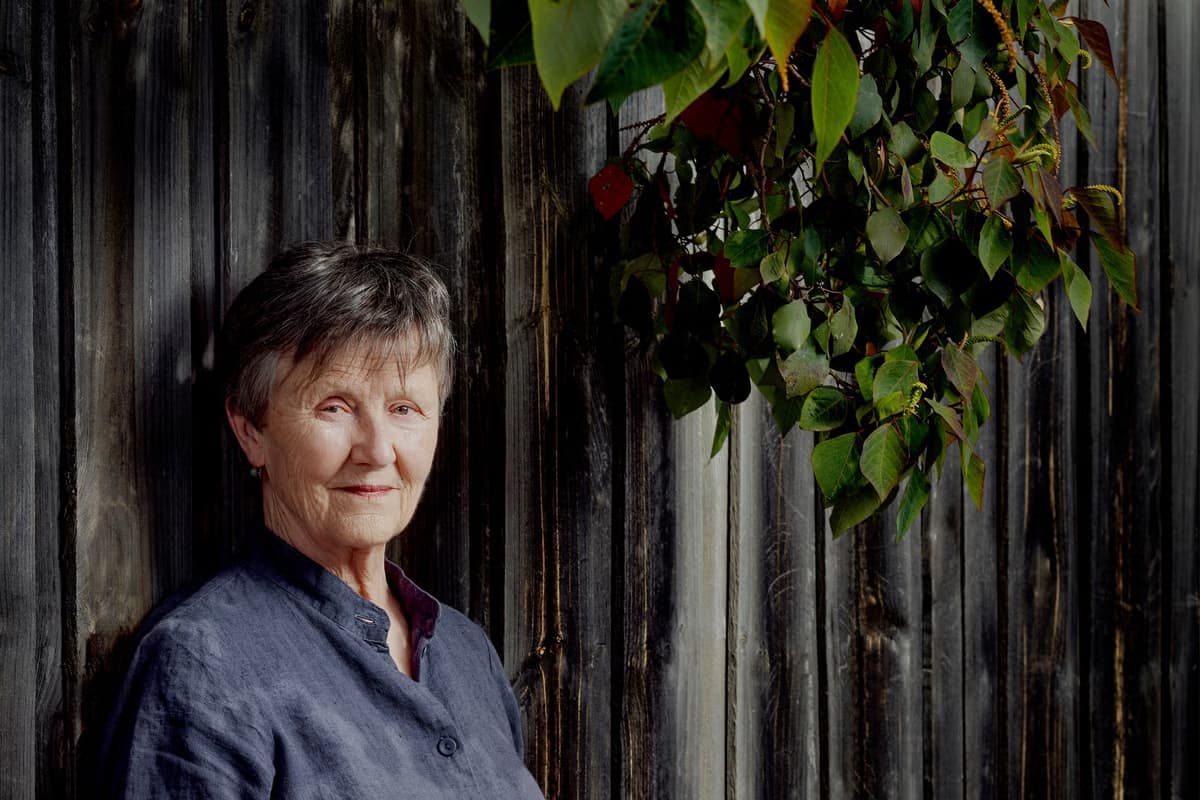We're loading the full news article for you. This includes the article content, images, author information, and related articles.
Helen Garner's 'How to End a Story' becomes the first collection of diaries to win the UK's top non-fiction award, a significant moment for the literary form on the global stage.

In a landmark decision, Australian author Helen Garner has been awarded the 2025 Baillie Gifford Prize for Non-Fiction for her book, "How to End a Story: Collected Diaries". The announcement was made on the evening of Tuesday, 4th November 2025, EAT (Tuesday, 4th November 2025, 17:15 EST) at a ceremony in London. This marks the first time in the prestigious award's 26-year history that a collection of diaries has secured the top honour, a significant recognition of the diary as a serious literary form.
The judging panel, chaired by Robbie Millen, literary editor of The Times, unanimously selected Garner's work from a shortlist of compelling non-fiction titles. Millen described the book as "a remarkable, addictive book," praising Garner for taking "the diary form, mixing the intimate, the intellectual, and the everyday, to new heights." The prize, widely regarded as the United Kingdom's most esteemed award for non-fiction, carries a £50,000 prize for the winner.
"How to End a Story" is the third volume of Garner's published diaries, chronicling the period from 1995 to 1998. The work provides a raw and unflinching account of the disintegration of her third marriage to fellow writer Murray Bail, referred to as 'V' in the text. Told with what judges called "devastating honesty" and "steel-sharp wit," the diaries explore themes of love, betrayal, artistic struggle, and motherhood. Critics have lauded Garner's ecstatic attention to the details of daily life and her ability to articulate the complex emotional landscape of a relationship's end. The Observer's Rachel Cooke went as far as to describe the collection as "the greatest, richest journals by a writer since Virginia Woolf's," a sentiment echoed by the judging chair, Robbie Millen.
At 82, Helen Garner is one of Australia's most celebrated and important living writers. Her career, spanning several decades, includes novels, short stories, screenplays, and journalism. Her debut novel, "Monkey Grip" (1977), is considered an Australian classic. Throughout her work, Garner is known for drawing heavily on her personal experiences, often blurring the lines between fiction and non-fiction. This approach has not been without controversy. Her 1995 book, "The First Stone," which investigated a sexual harassment scandal at a university college, sparked intense debate and criticism from some feminist quarters in Australia, who accused her of siding with the male perpetrator. Despite the controversies, she has received numerous accolades, including the Windham-Campbell Literature Prize in 2016 and a lifetime achievement award from the Australia Council in 2019.
While there is no direct link between Helen Garner's win and the Kenyan literary scene, the event holds broader significance for readers and writers in the region. The Baillie Gifford Prize celebrates excellence in non-fiction writing from around the world, covering subjects from history and politics to science and the arts. Its recognition of a diary collection elevates a genre that is often perceived as private and less formal, highlighting the profound literary and humanistic value of personal narratives. This can serve as an inspiration for East African writers exploring creative non-fiction, a genre that is gaining traction on the continent. Literary awards like the Baillie Gifford Prize play a crucial role in shaping global literary conversations. Past winners have included major works of historical and political importance, such as Serhii Plokhy's "Chernobyl: History of a Tragedy" and Patrick Radden Keefe's "Empire of Pain". Garner's win places the intimate, personal story on an equal footing with these grand narratives, reinforcing the prize's motto that "All the best stories are true". For the Kenyan and wider African literary community, where there is a growing call for more non-fiction prizes, this international validation of the genre is a noteworthy development. It underscores the universal power of storytelling, regardless of form, to illuminate the human condition.
Keep the conversation in one place—threads here stay linked to the story and in the forums.
Sign in to start a discussion
Start a conversation about this story and keep it linked here.
Other hot threads
E-sports and Gaming Community in Kenya
Active 9 months ago
The Role of Technology in Modern Agriculture (AgriTech)
Active 9 months ago
Popular Recreational Activities Across Counties
Active 9 months ago
Investing in Youth Sports Development Programs
Active 9 months ago